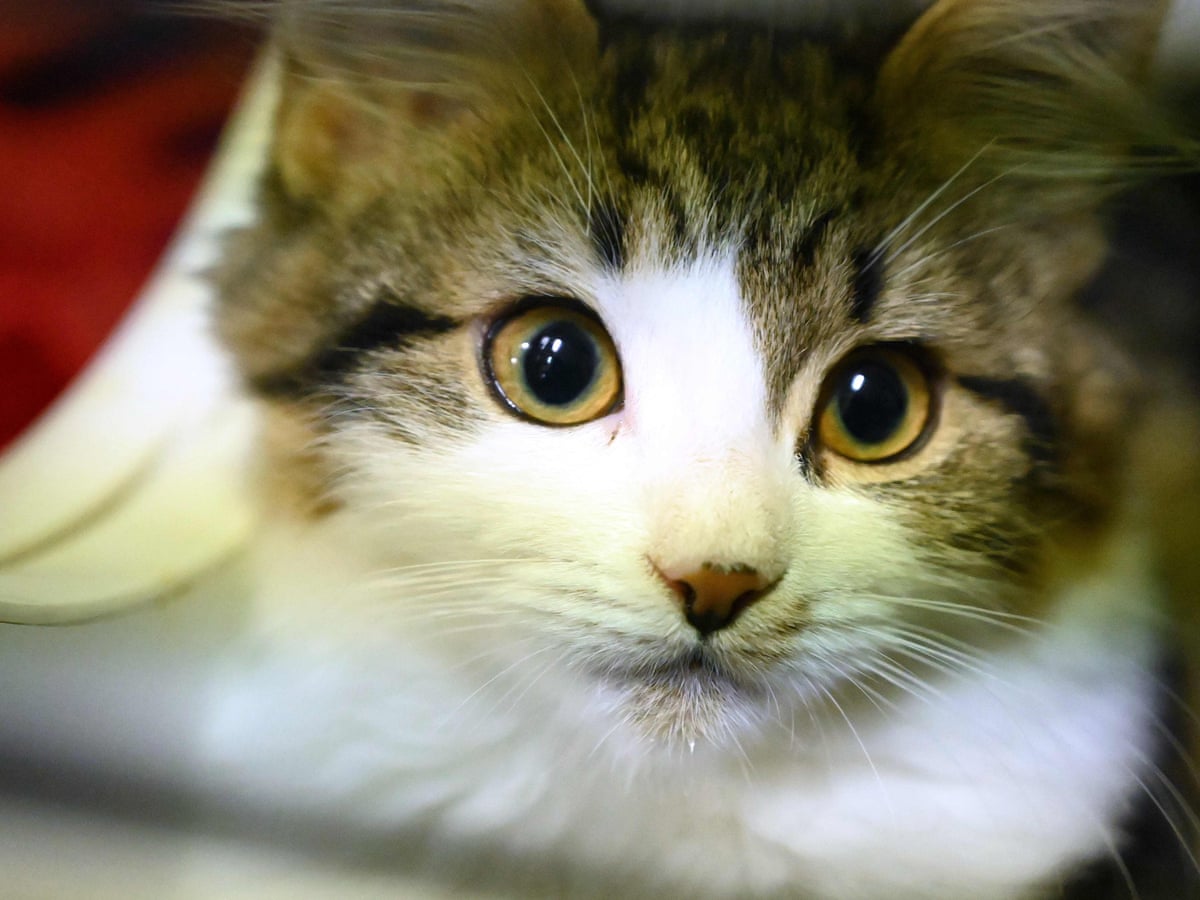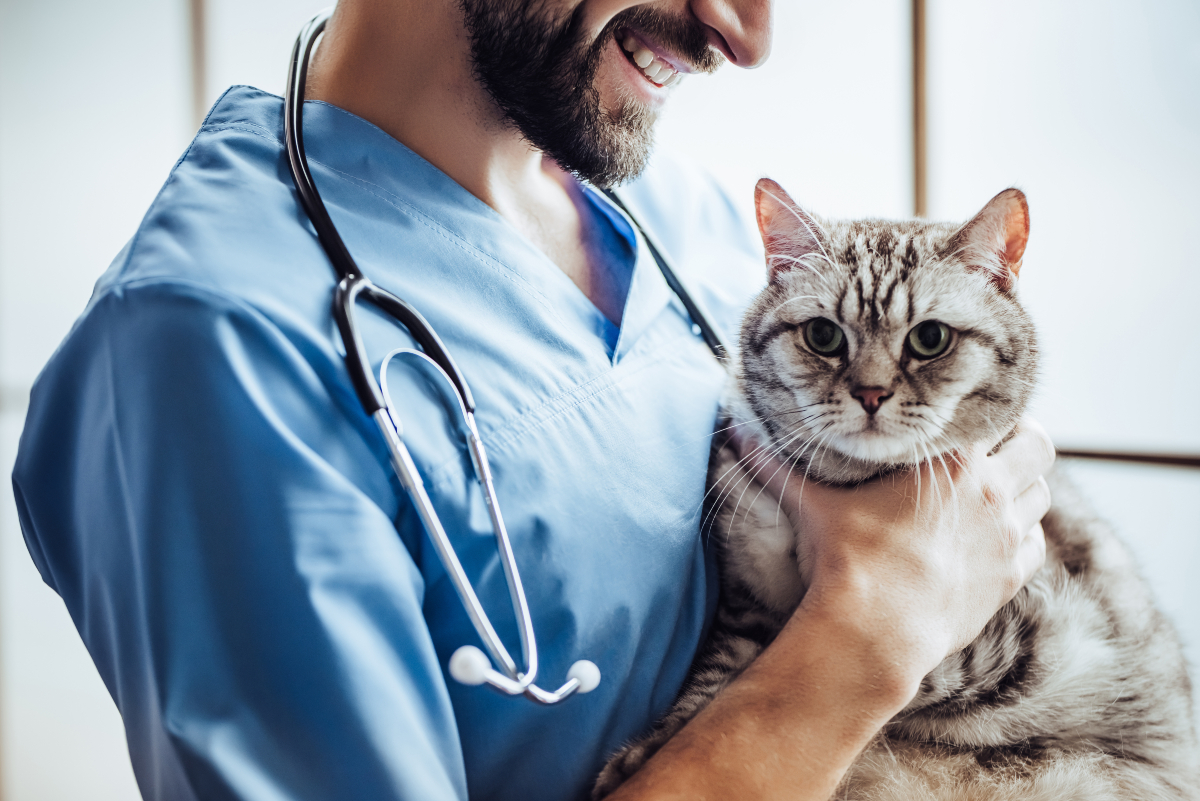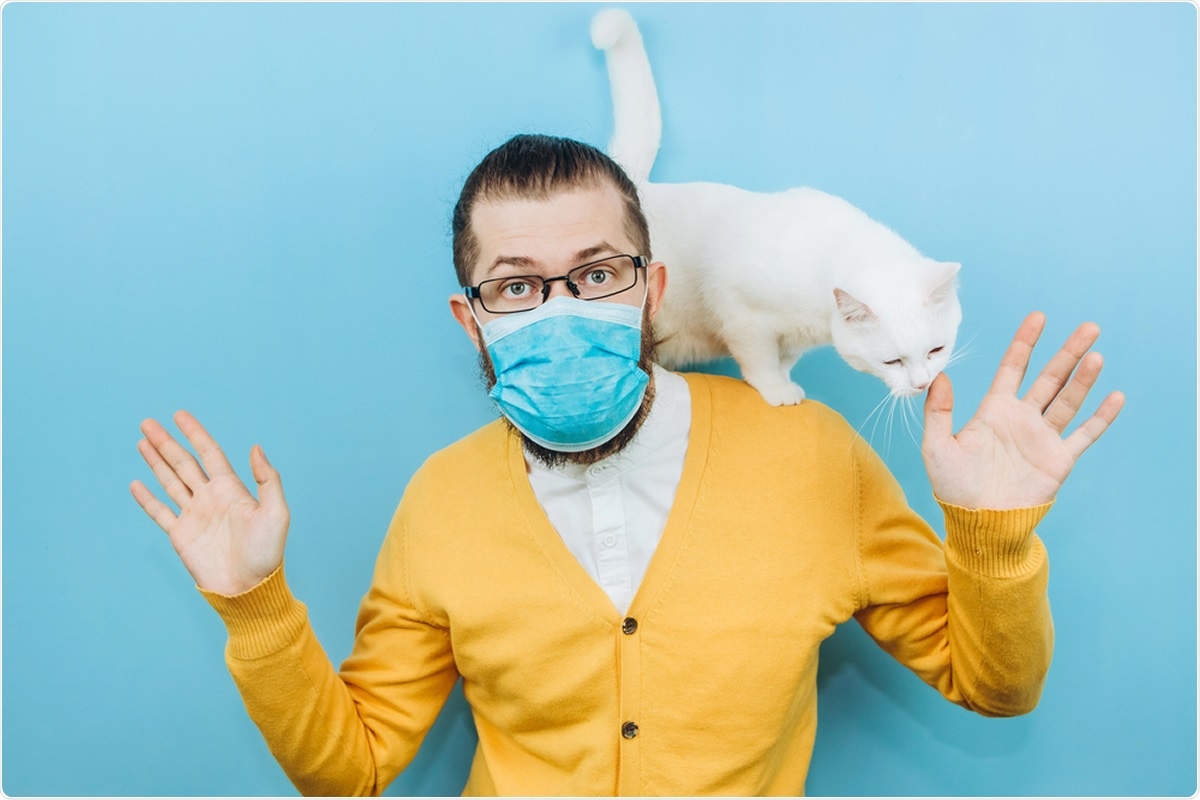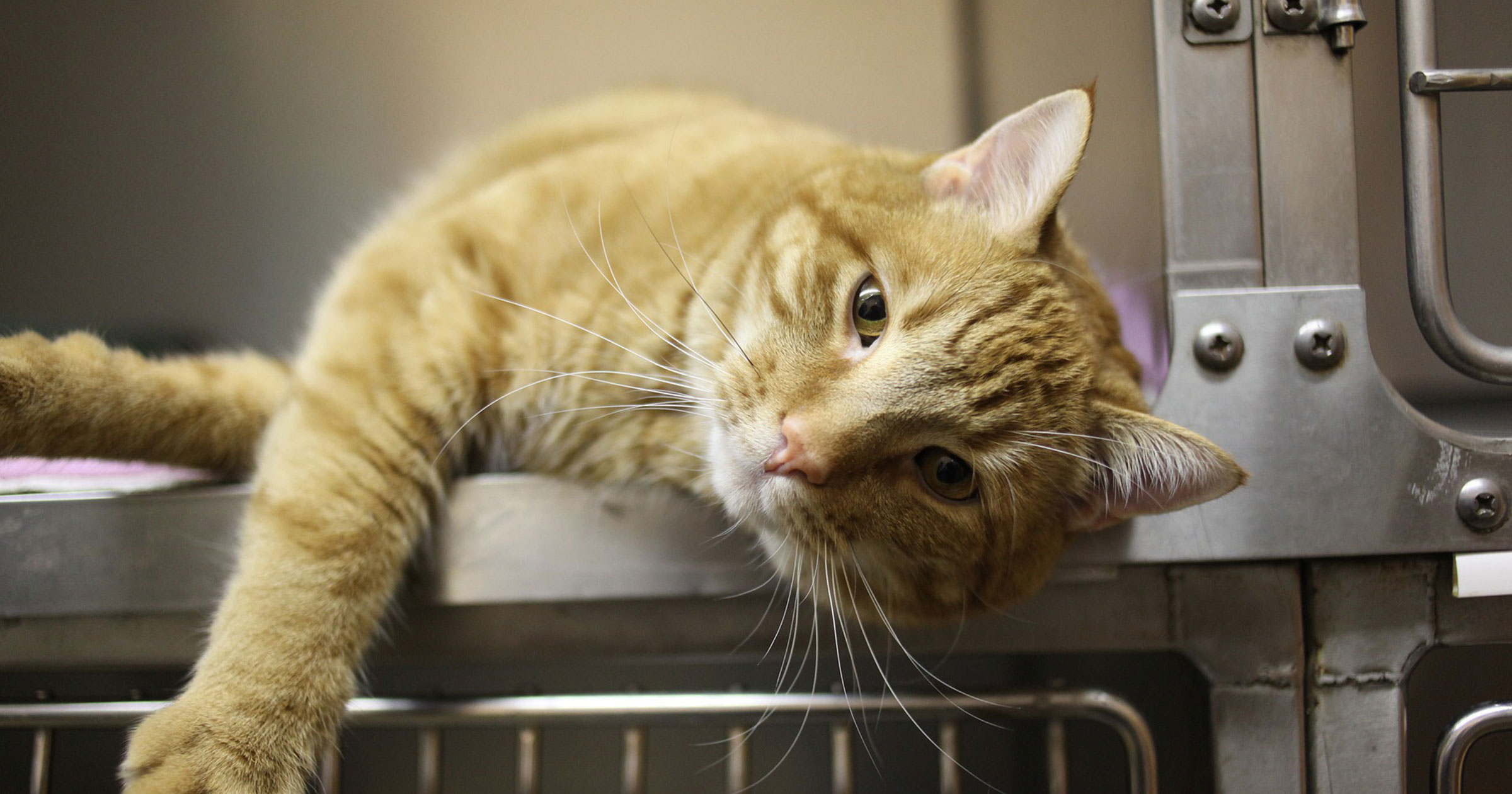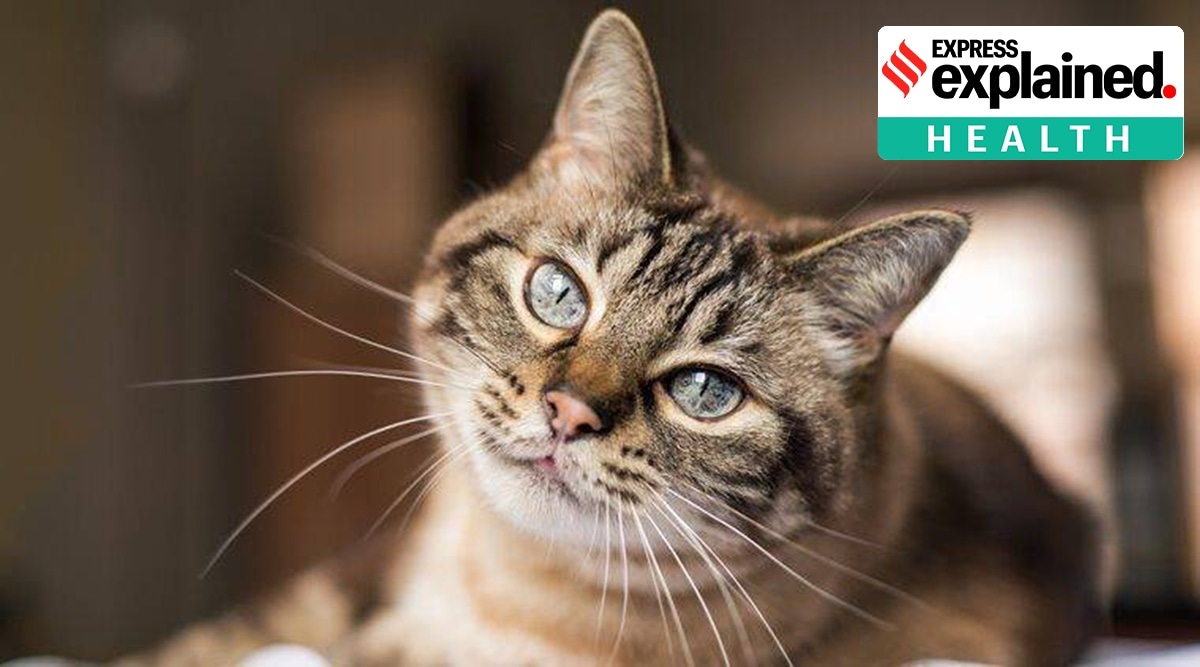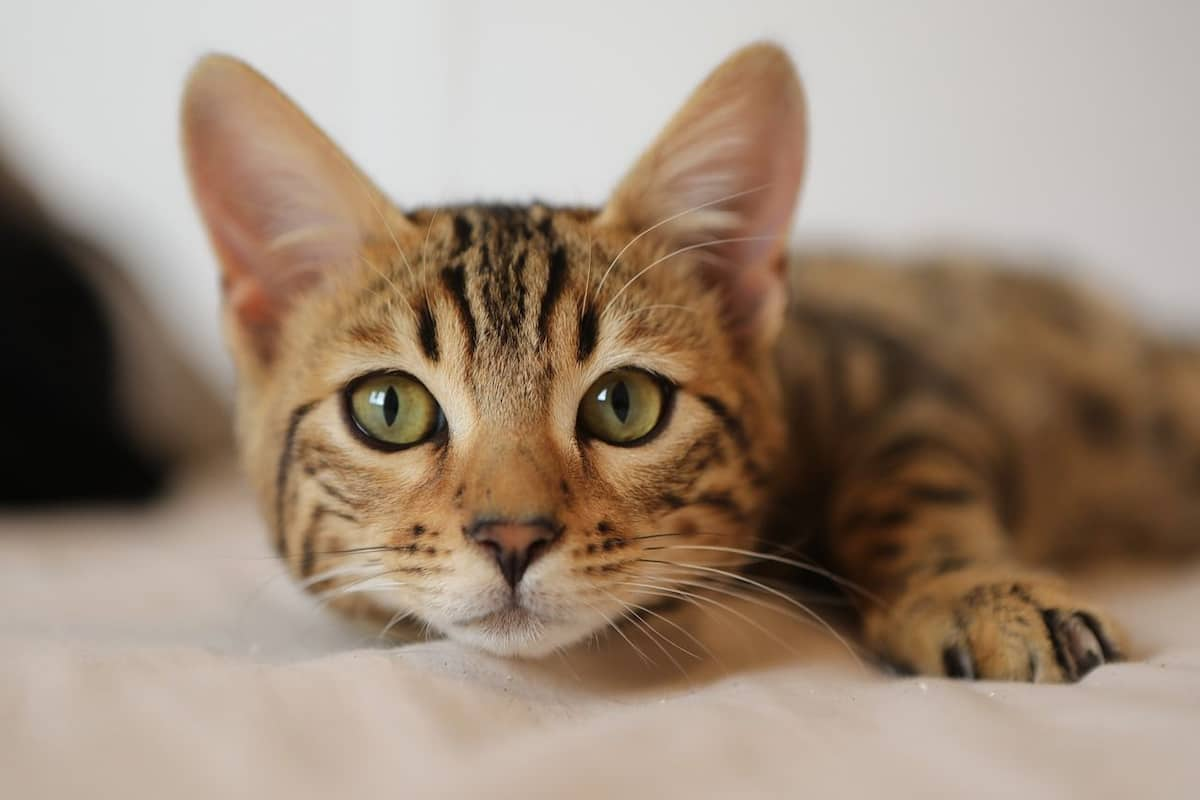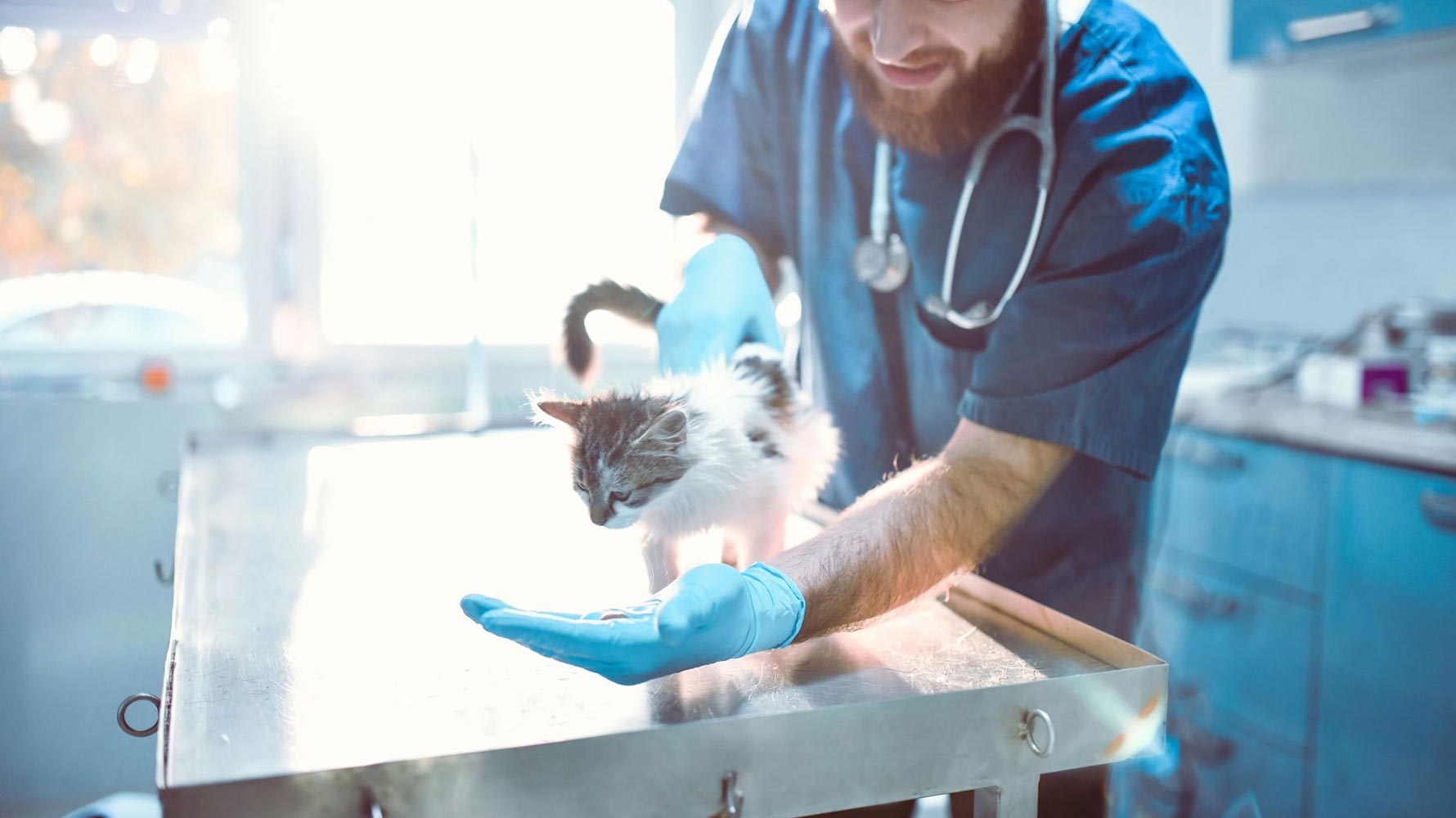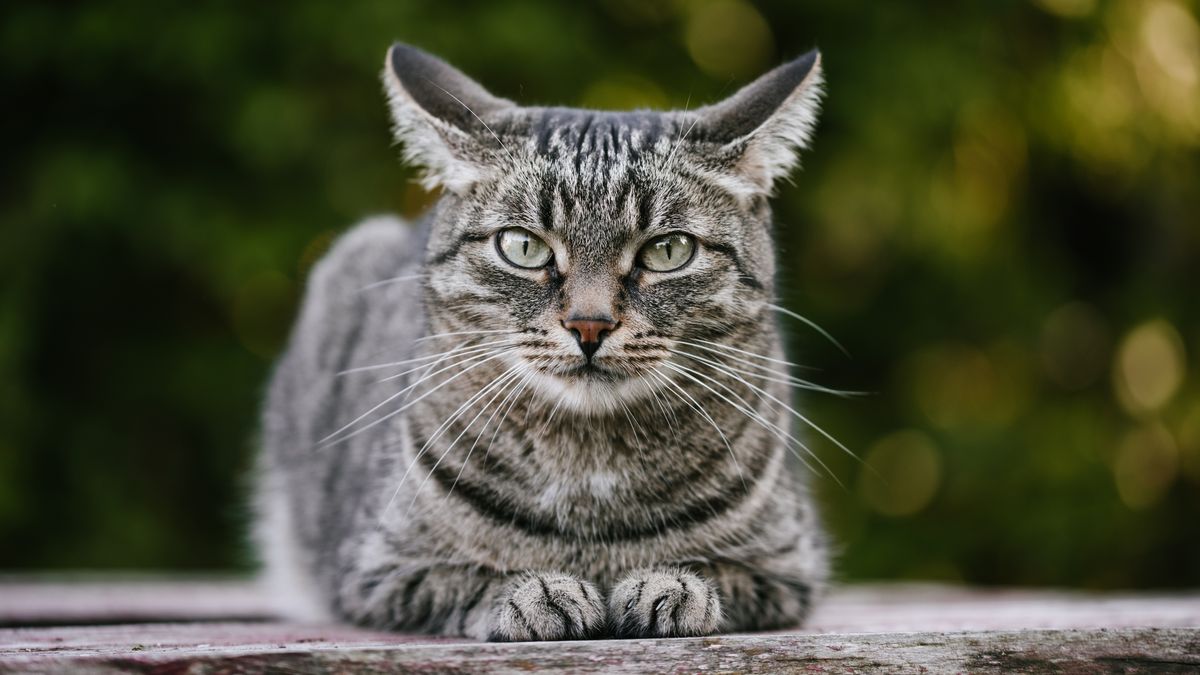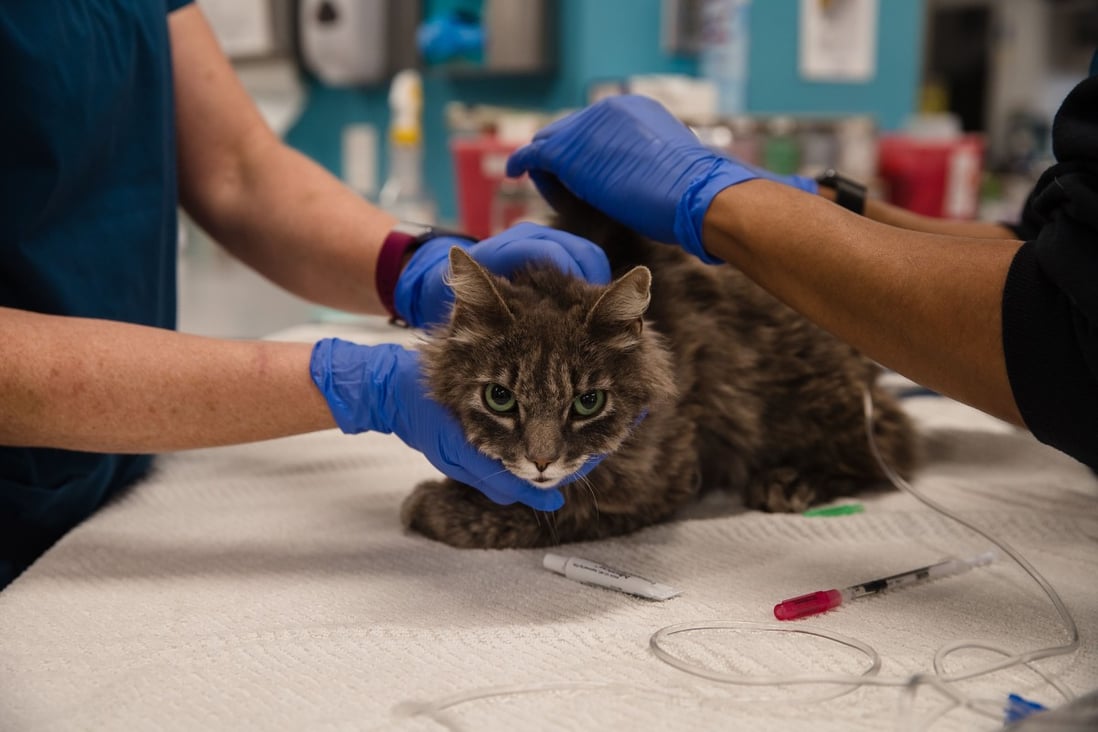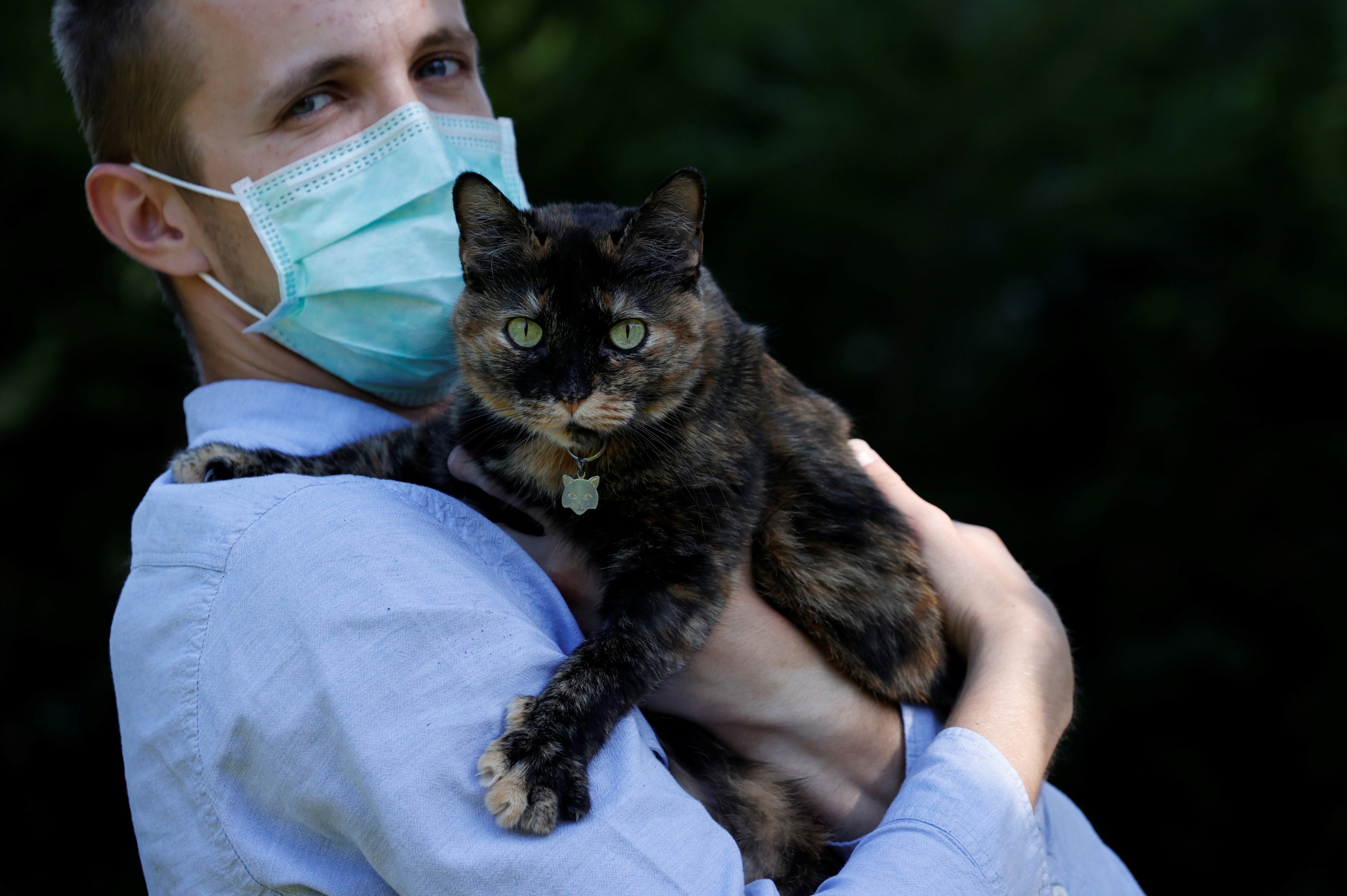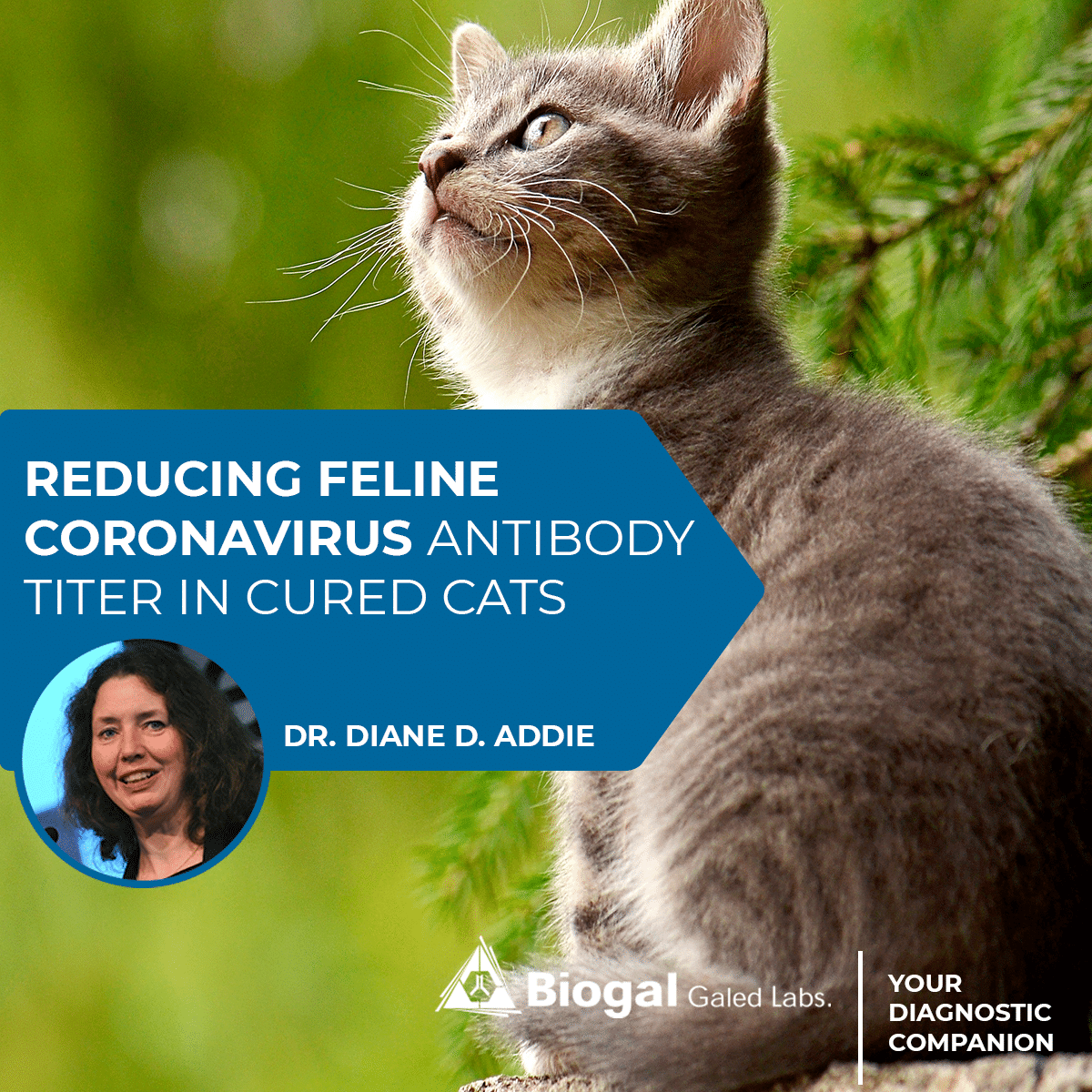Cats And Coronavirus Infection

As yet poorly understood changes in the virus can give rise to mutants that lead to the development of feline infectious peritonitis FIP.
Cats and coronavirus infection. BEIJING - Three pet cats that tested positive for coronavirus were put down in the north-eastern Chinese city of Harbin state-backed media has reported leading to a social media backlash at what. Most of these animals became infected after contact with people with COVID-19 including owners caretakers or others who were in close contact. Companion animals including pet cats and dogs and one ferret.
What is Feline Coronavirus or FCoV. It generally causes asymptomatic infection but can cause mild diarrhea. Public concern about felines was initially raised when tigers and lions at the Bronx Zoo in New York were found to be infected with SARS-CoV-2 the virus which causes COVID-19.
In catteries it is a cause of inapparent to mildly severe. This happened mostly after the animals were in close contact with. An enteric coronavirus infection of cats and its relationship to feline infectious peritonitis.
The research team infected three cats with large doses of the virus that causes COVID-19 SARS-CoV-2 directly into both eyes both nostrils the mouth and the trachea windpipeThe infected cats were housed in pairs with uninfected cats. Cats can be infected with the coronavirus that causes COVID-19 and can spread it to other cats but dogs are not really susceptible to the infection say researchers in. Mutation of the virus to a type that can infect macrophages leads to feline infectious peritonitis.
Five specieshumans cats ferrets civets and dogshave had documented cases of infection by SARS-CoV-2. Feline enteric coronavirus typically causes a subclinical or mild transient intestinal infection in kittens. The recent pandemic caused by the novel human coronavirus CoV currently referred to as severe acute respiratory syndrome coronavirus type 2 SARS-CoV-2 which is responsible for COronaVIrus Disease 2019 COVID-19 is leading to alarmism among pet owners as a consequence of few case reports of SARS-CoV-2 infection in dogs and cats.
There are no reports of infection. This virus has been designated feline enteric coronavirus to differentiate it from FIPV. It is more commonly found in multi-cat households and does not affect other animals or people.
